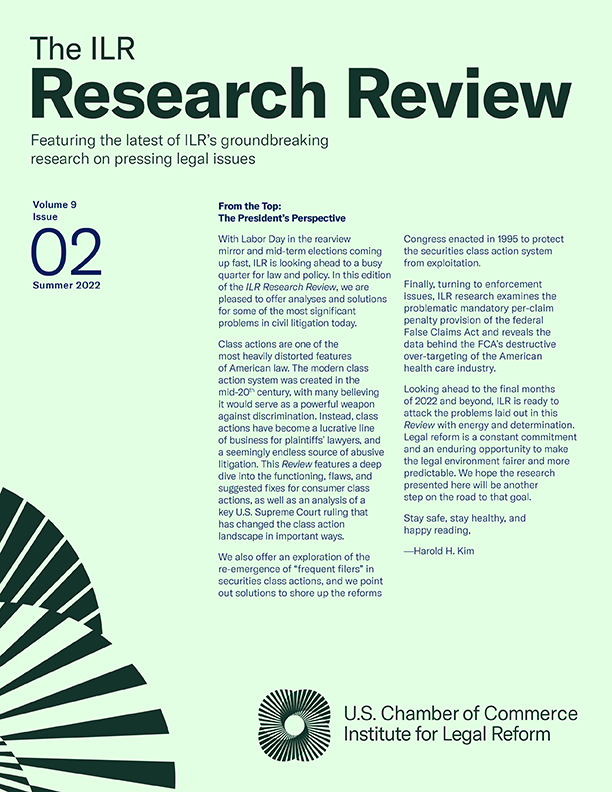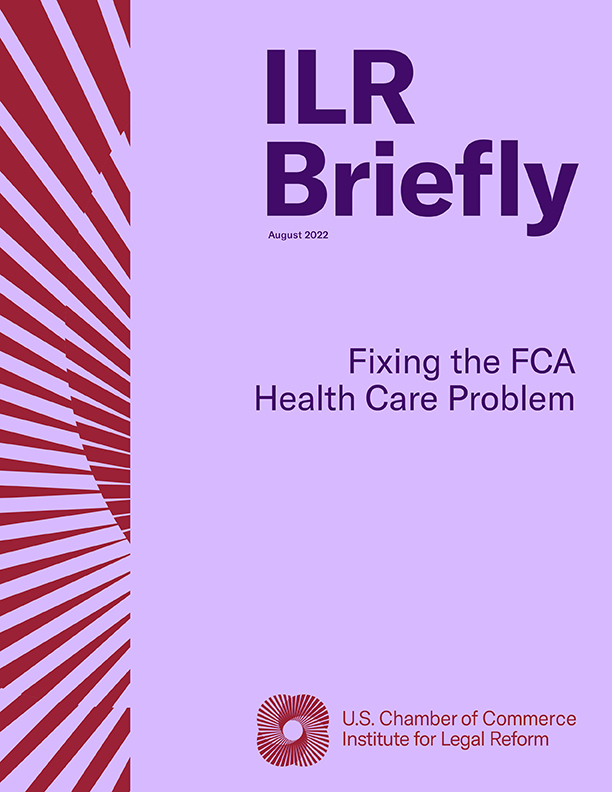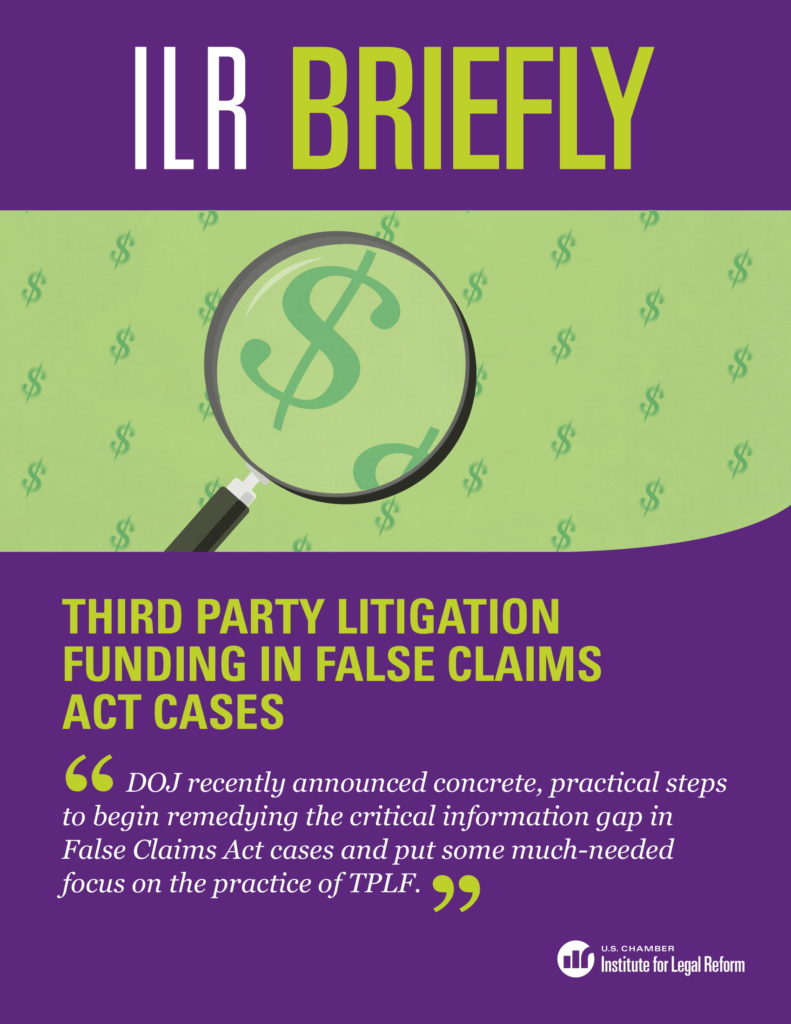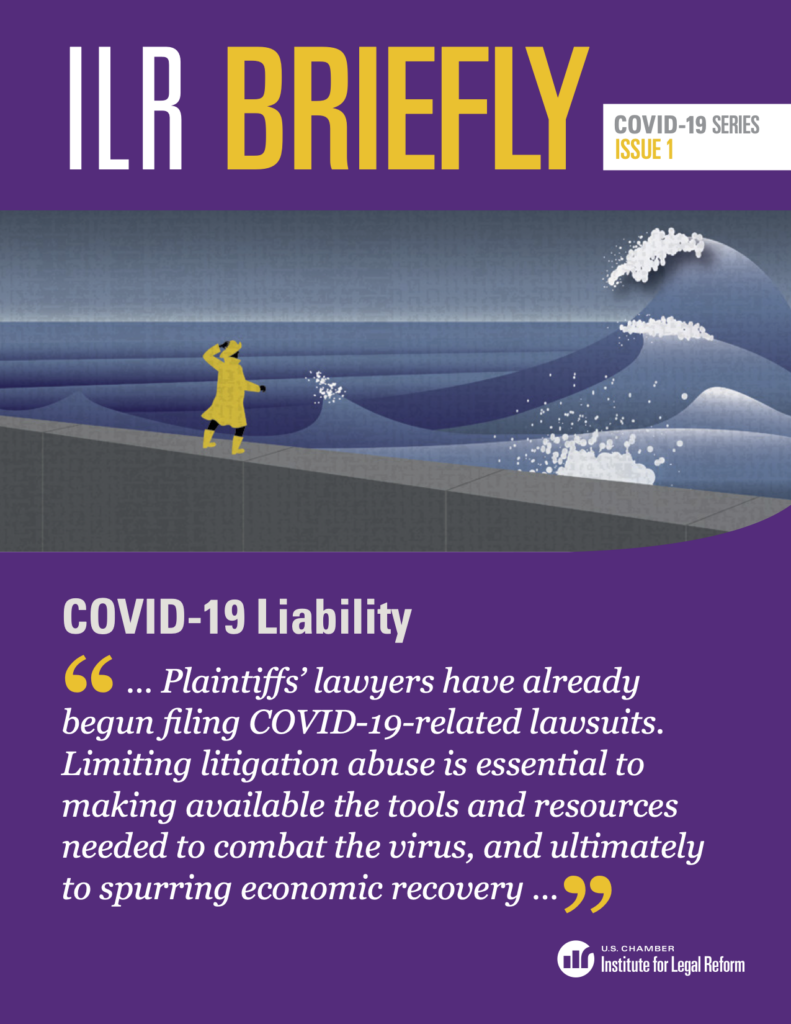In 2010, a former pharmaceutical company employee received a $96 million bounty from the government under the civil False Claims Act (“FCA”) for filing a lawsuit alleging that her employer had committed fraud against the government. Like other whistleblowers, she suggested that she did not do it for the money, but rather blew the whistle on fraud out of concern for patient safety.
If we take this individual at her word, obvious questions arise: why should the government pay this individual $96 million when she was evidently not motivated by money? Is the government routinely overpaying whistleblowers (known as “Relators”) who file suit under the FCA? How much taxpayer money is the government wasting by overpaying Relators and their counsel? This paper examines the structure of the FCA’s whistleblower provisions and available information on whistleblower motivation and concludes that the statute’s existing structure systematically overpays Relators and their counsel. This paper identifies several simple legislative amendments that would address these systematic flaws and ensure that the government is getting its money’s worth when it pays Relators under the FCA.
View PDF


